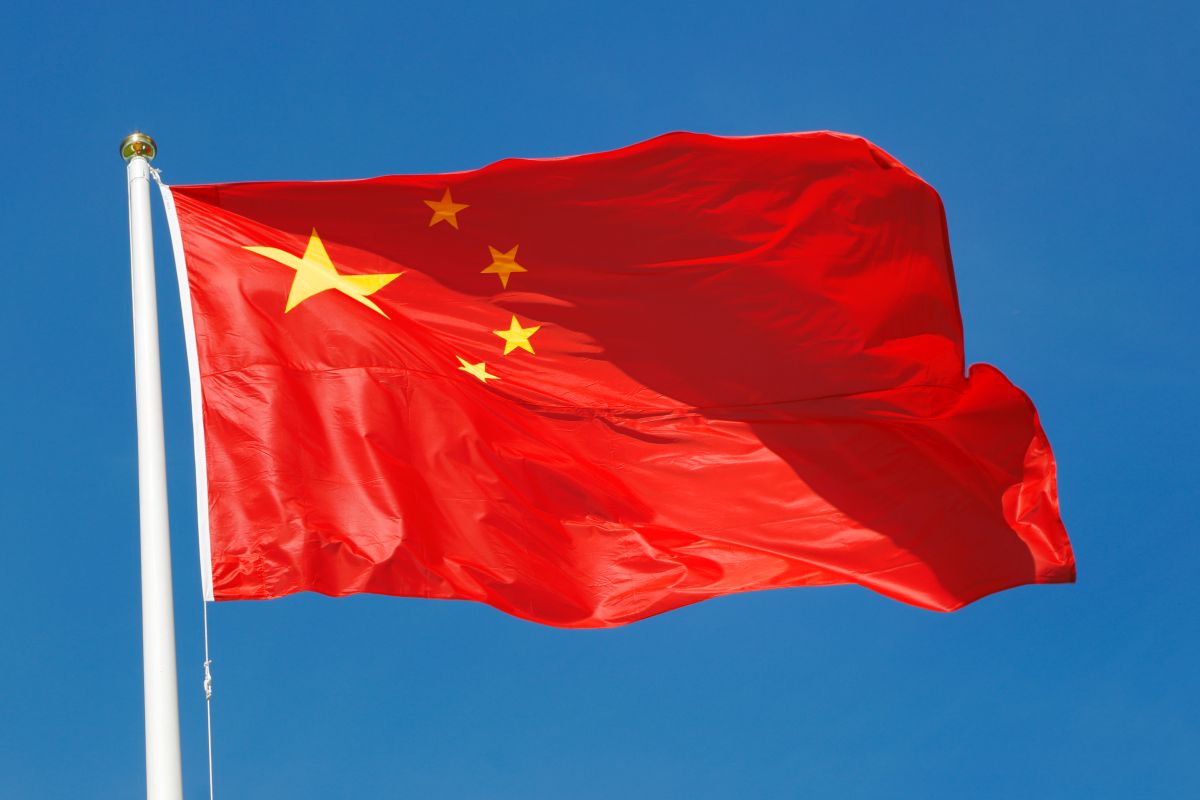Unwarranted verdict
The United States of America has criticised the "unjust outcome" of the Tong trial.
As the Chinese state revamps its rules in line with its new third-child policy, the cumulative impact of its family planning policies from the 1970s to the most recent will continue to haunt that country.

Representational image (Photo: IStock)
For a country which calls itself Communist, the People’s Republic of China has for a while now explained away its state-run capitalist system as ‘socialism with Chinese characteristics’.
But old habits die hard. The ideological bias which put in place a command economy in the first place also extended to a command society, the one segueing into the other rather seamlessly.
Advertisement
From the one-child policy of a few decades ago to the Chinese version of hum do humaare do in more recent times and, of late, the declaration by the authorities that a third child for couples is a consummation devoutly to be wished for ~ all of which bear the unmistakable imprimatur of the Communist Party of China ~ the premium placed by an all-pervasive state on the collective over the individual is not in doubt.
Advertisement
To that extent, the Asian Values debate of the 1980s and 1990s has in these parts undoubtedly ended in favour of those who believe that societal cohesion, collective harmony, and economic prosperity directed from above trumps individual rights and predilections.
But away from highfalutin academic debates around a notion of Chinese exceptionalism, the effect on the already severely compromised agency of the Ordinary Jin, as it were, of a society run by diktat is likely to be devastating. As China moves to tackle a decreasing birthrate, itself created by previous state policies, and achieve what the state asserts is “balanced population growth”, the measures announced by the authorities to bring this to fruition make for a chilling read for anyone even remotely concerned with individual rights.
Of course, that is not how a self declared benevolent state spins it; China will establish a comprehensive support system by 2025 that helps to significantly reduce burdens on couples related to child-rearing and education in a set of policy tools to boost the number of new-borns, the CPC Central Committee said in a document made public earlier this week.
These efforts will see birthrates improve to some degree with fast-paced investment in pregnancy and day-care services and related facilities and the “sex ratio, structure and quality of the Chinese population will also improve” with the help of these reforms, said the document.
The measures are expected to aid the central authorities implement the policy decision of 31 May allowing all couples to have a third child as the challenge of a greying society has appeared on the horizon. This is nothing short of ordering couples to procreate at quick pace after years of forbidding them, by law, from doing so.
As the Chinese state revamps its rules in line with its new third-child policy, the cumulative impact of its family planning policies from the 1970s to the most recent will continue to haunt that country.
Advertisement